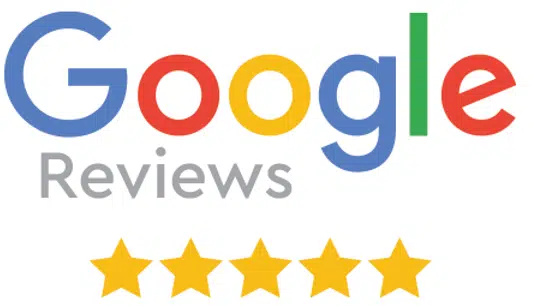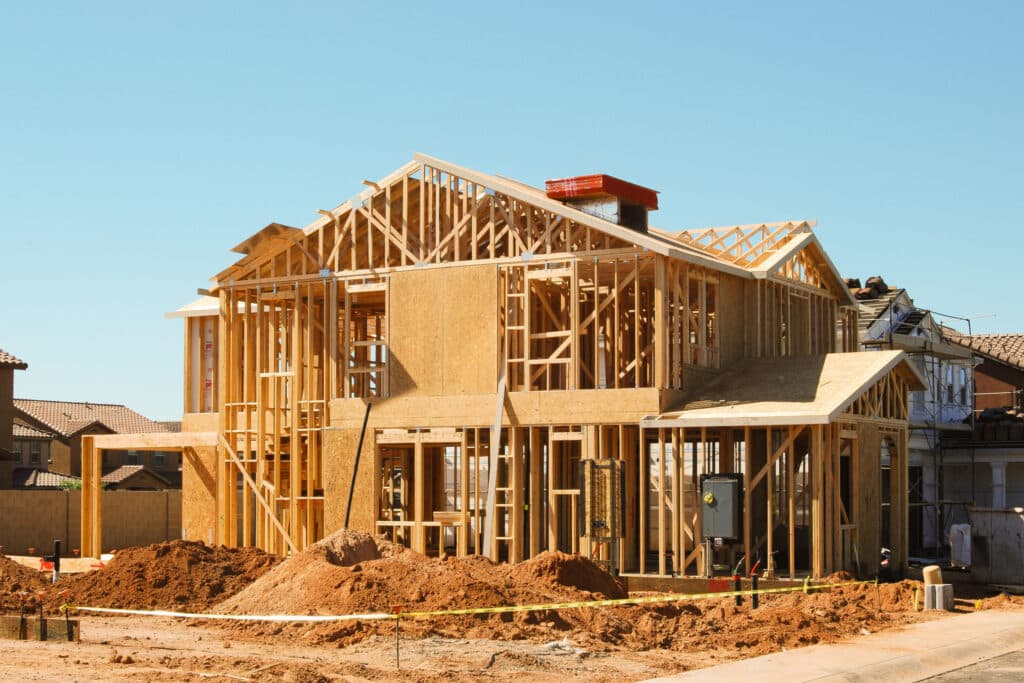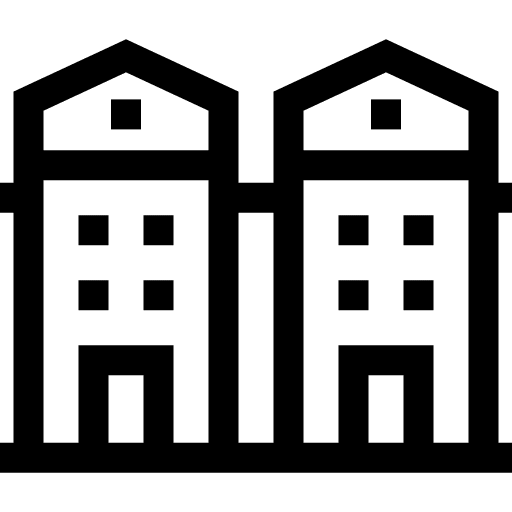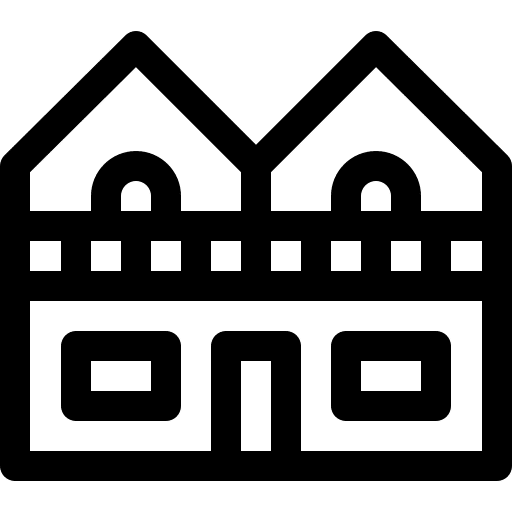Explore Our Mortgage Loan Options & Services
The mortgage company you choose for your Salt Lake City home loan can affect your financial well-being for decades. Your home is arguably the largest single purchase you’re likely to make in your lifetime. Selecting the right mortgage loan for your needs is the first step toward realizing your homeownership goals.

Excellent 4.9 out of 5

Choosing the Right Mortgage Loan for You
Selecting the right mortgage loan for your needs is the first step toward realizing your homeownership goals.

Home Purchase Loans
Offering a variety of loan options for buying a home, including conventional, FHA, VA, and USDA loans, each tailored to different borrower needs and financial situations.

Refinancing Solutions
Provides options to refinance existing mortgages, helping homeowners to adjust their interest rates and terms or access equity through cash-out refinancing.

First-Time Homebuyer Programs
Specialized services designed to assist first-time buyers, including educational resources and down payment assistance, to make the home buying process more accessible and manageable.

Loan Programs for Investors
Catering specifically to real estate investors, these programs offer financing solutions for investment properties, including rental and resale ventures.

Non-QM Loans
Focuses on offering loan options for borrowers with non-traditional income sources or credit challenges, ensuring broader accessibility to home financing.

Down Payment Assistance
Provides information and assistance on various programs available to help with down payments, making homeownership more attainable for a wider range of clients.

Construction Loans
A construction loan is a short-term financing option specifically tailored for funding the construction of a new home. Unlike traditional mortgages, which are disbursed in a lump sum, construction loans are released in phases, corresponding to the completion of specific construction milestones. This approach ensures that funds are used wisely and allocated as needed throughout the building process.

Reverse Mortgages
A reverse mortgage is a unique loan product designed specifically for homeowners aged 62 and above. It allows you to access a portion of the equity you’ve built up in your home without having to sell or make monthly payments. Unlike traditional mortgages, the loan balance grows over time as you receive funds, rather than decreasing with each payment.
Frequently Asked Questions
Filter by topic
First Time Home Buyers
What are the requirements for first-time home buyers to qualify for a loan?
To qualify, you typically need a credit score of at least 620, a stable income, and a debt-to-income ratio lower than 43%. Some programs allow lower credit scores or DTIs.
What programs are available specifically for first-time home buyers?
Programs include FHA loans with lower down payments, USDA loans for rural homes, VA loans for veterans, and local first-time buyer assistance programs offering grants or down payment assistance.
How much down payment is typically required for first-time home buyers?
Down payments can range from 0% (VA and USDA loans) to 3.5% (FHA loans) and up to 20% for conventional loans, depending on the loan type and your credit situation.
What are the advantages of being a first-time home buyer?
Advantages include access to special loan programs, lower down payments, potential tax benefits, and various state or local grants and programs designed to help first-time buyers.
What should I know about the home buying process as a first-time buyer?
Understand your budget, get pre-approved for a mortgage, research neighborhoods, hire a real estate agent, and be prepared for closing costs and other expenses beyond the down payment.
Loan Types and Options
What are the differences between fixed-rate and adjustable-rate mortgages?
Fixed-rate mortgages have the same interest rate and monthly payment for the life of the loan. Adjustable-rate mortgages (ARMs) have a rate that may change periodically, affecting your monthly payment.
Can you explain the benefits and drawbacks of FHA loans?
Benefits include lower down payments and easier credit qualifications. Drawbacks include mandatory mortgage insurance premiums (MIP) and limits on loan amounts.
What is a VA loan and who qualifies for it?
VA loans are for veterans, active-duty military, and some surviving spouses. They offer no down payment options and no private mortgage insurance (PMI). Eligibility is based on service requirements.
What are the differences between conventional loans and government-backed loans?
Conventional loans are not insured by the government and typically require higher credit scores and down payments. Government-backed loans (like FHA, VA, and USDA) offer lower down payments and are easier to qualify for but may have other requirements or fees.
How do I decide which type of mortgage is best for me?
Consider your credit score, down payment capability, long-term financial goals, and whether you qualify for any government-backed loans. Consulting with a mortgage advisor can help determine the best fit for your situation.
Mortgage Glossary
What is APR and how does it affect my loan?
APR (Annual Percentage Rate) represents the total cost of borrowing, including the interest rate and other loan fees, expressed as a yearly rate. It helps you compare the total cost of different loans.
Can you define what a mortgage refinance is and when it might be beneficial?
Refinancing is replacing your existing mortgage with a new one, often to lower the interest rate, reduce monthly payments, or tap into home equity. It’s beneficial when interest rates drop or your financial situation improves.
What does LTV (Loan to Value) mean?
LTV ratio measures the relationship between the loan amount and the value of the property. It’s calculated by dividing the loan amount by the home’s value. Lower LTV ratios can lead to better loan terms.
Explain the difference between pre-qualification and pre-approval.
Pre-qualification is an initial assessment of your lending power based on self-reported financial information. Pre-approval is a more rigorous process that involves a credit check and verification of your finances.
What is PMI (Private Mortgage Insurance) and when is it required?
PMI is insurance that protects the lender if you default on your loan. It’s typically required on conventional loans when your down payment is less than 20% of the home’s value.
Get in touch!
Your Dream of Home Ownership is within Reach.
Contact
13961 S Minuteman Dr, Suite 125,
Draper UT 84020
(801) 542-7080
info@altiusmortgage.com
NMLS ID #192521





